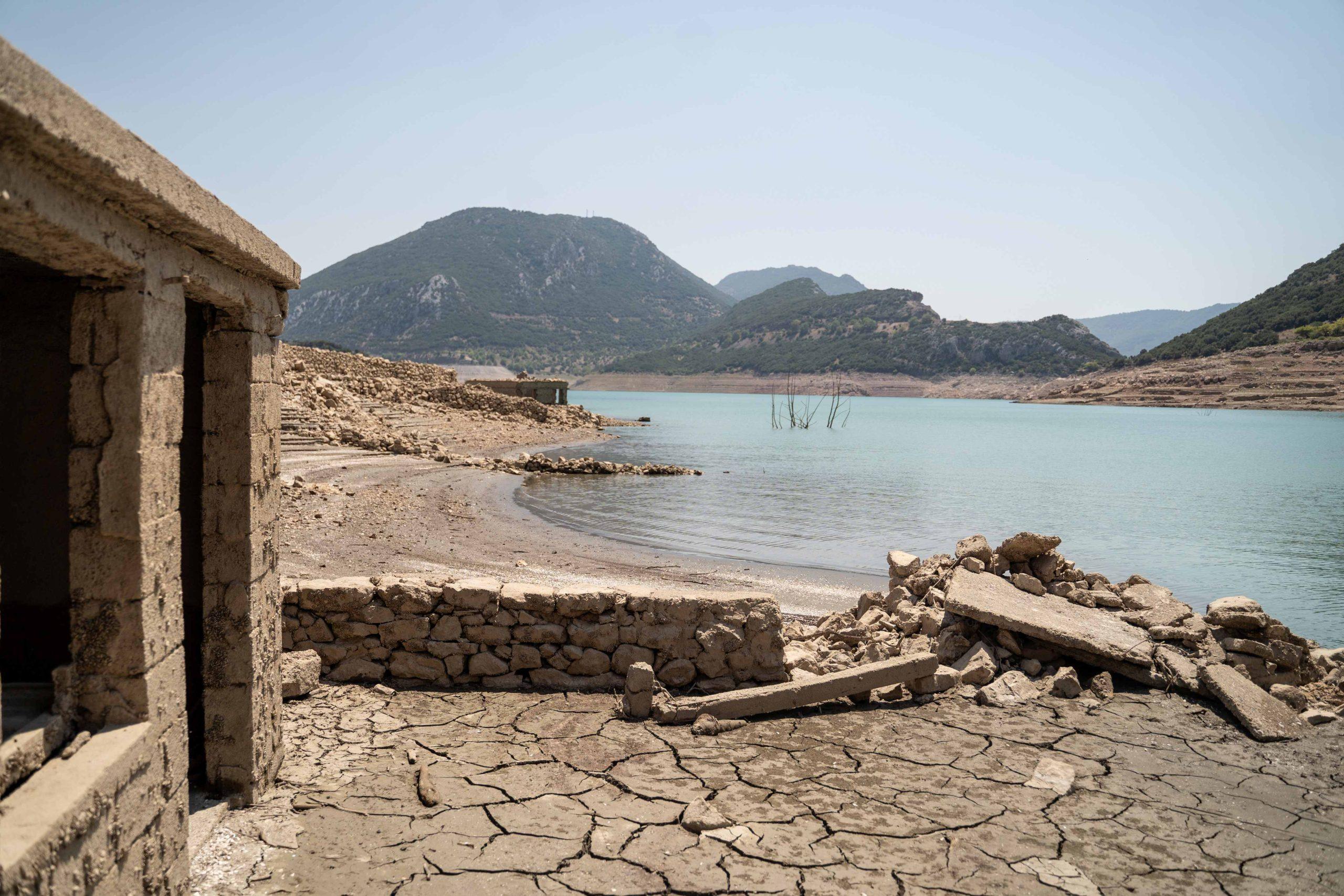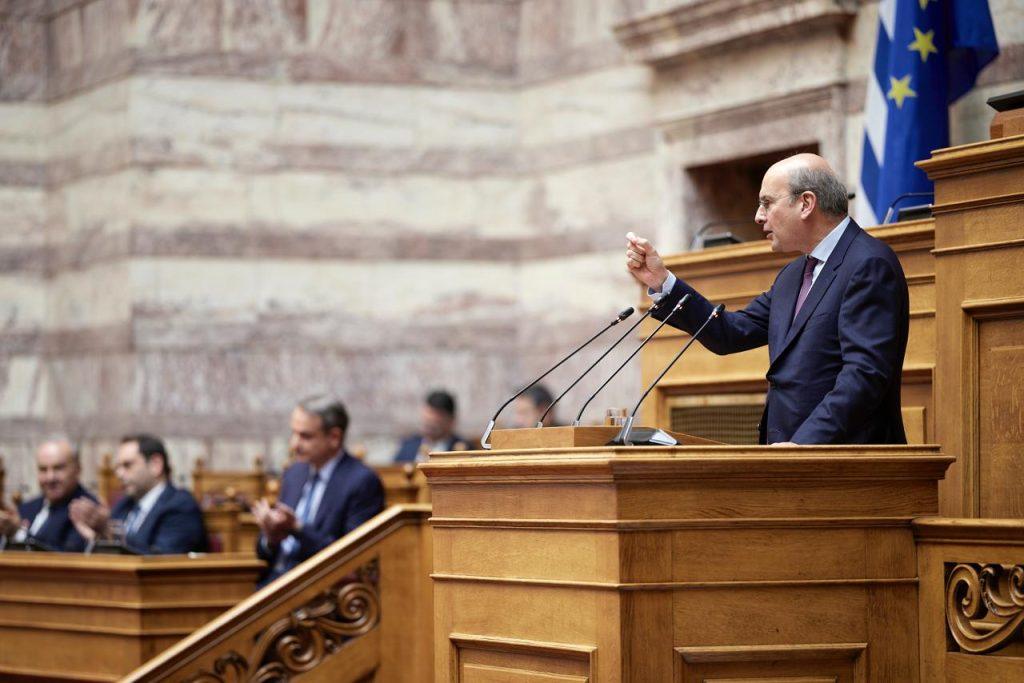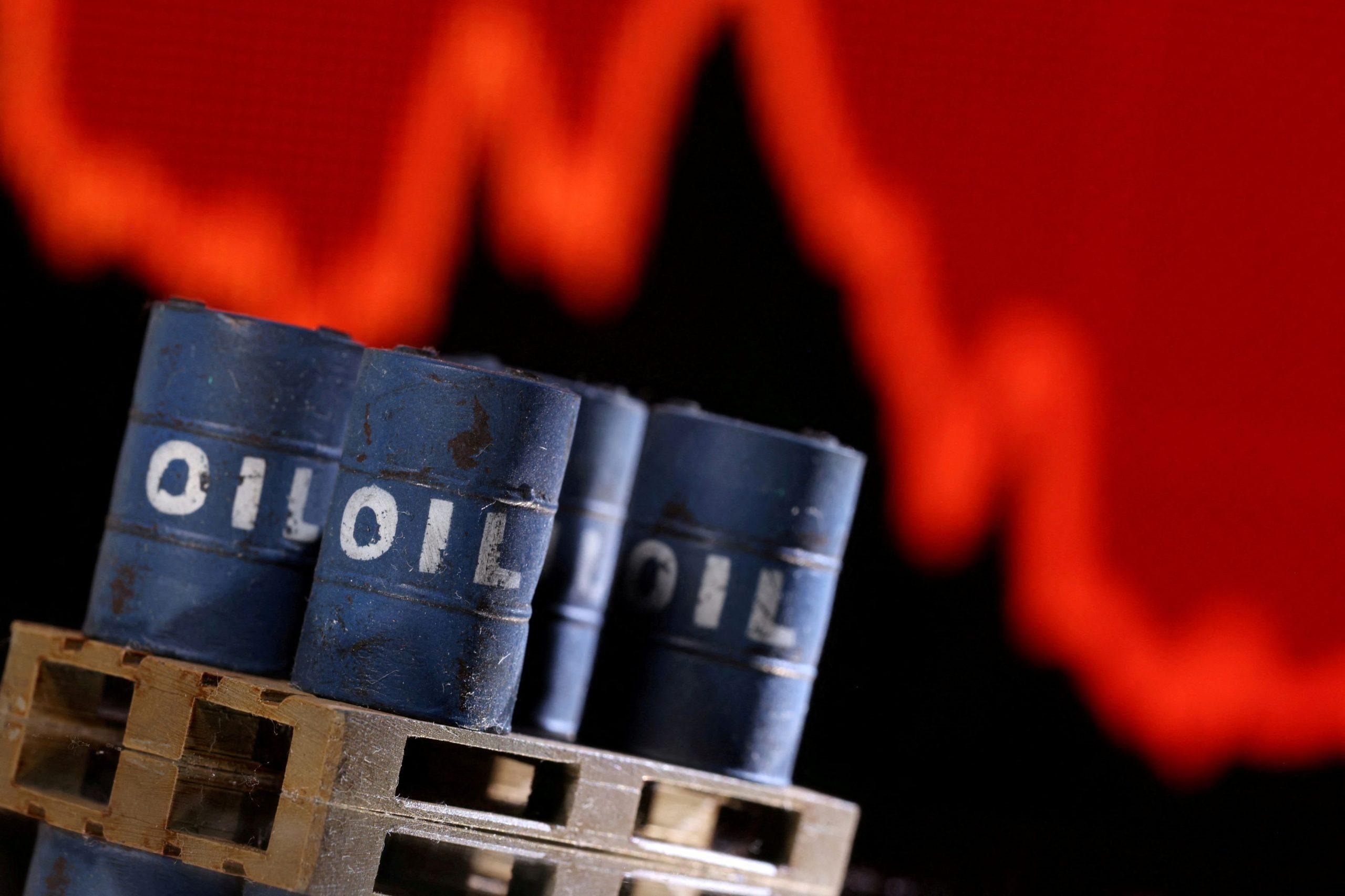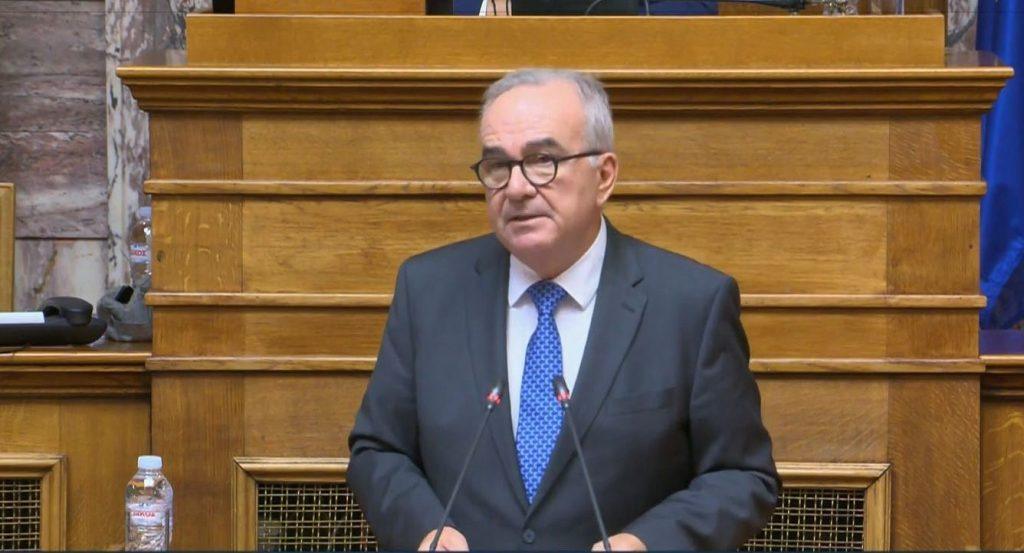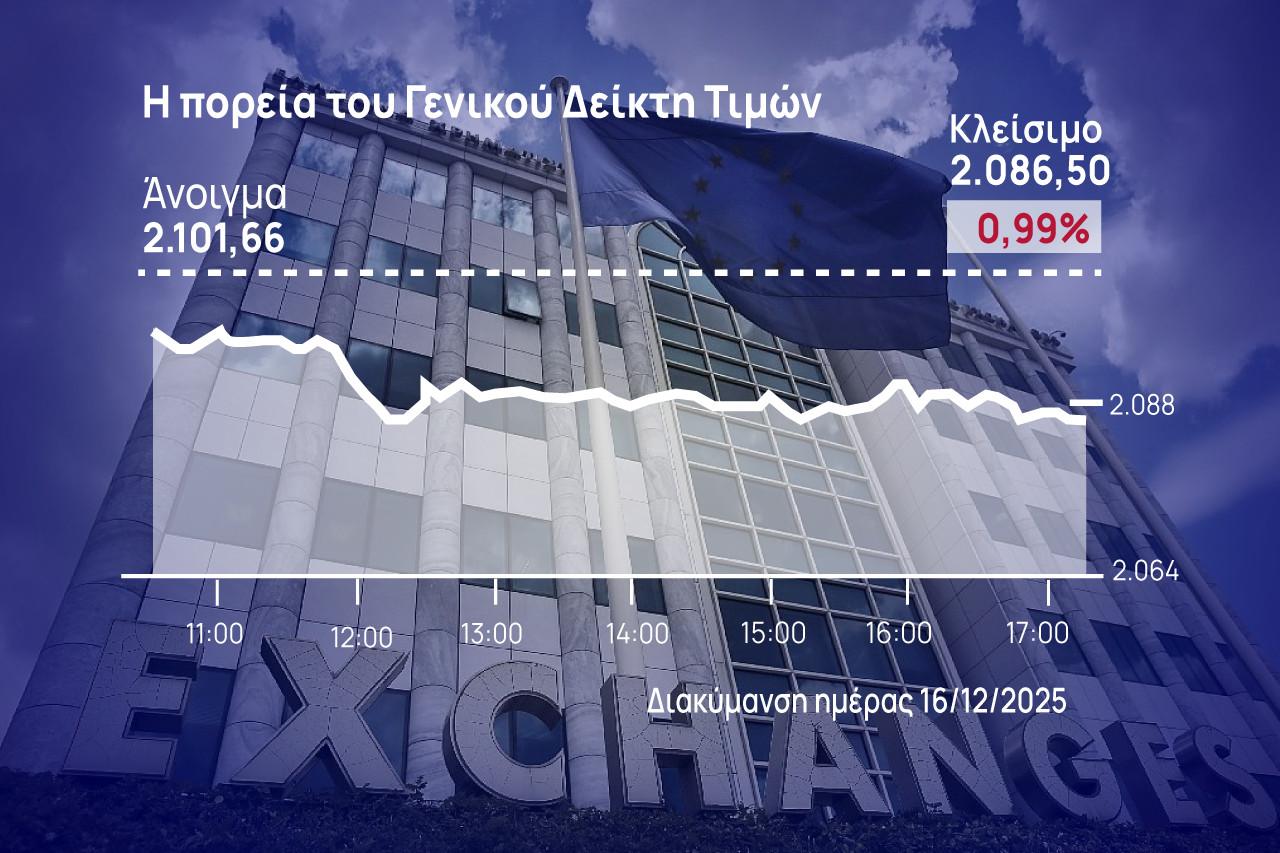The second half of the year is expected to be difficult for the Greek economy, the citizens and the Greek government.
High electricity and gas prices require subsidies of at least €5 billion to cover increases in households and businesses, while, at the same time, the possibility of a cut in Russian gas supplies leads to the possibility of controlled power cuts to ensure energy sufficiency.
More specifically and with regard to security of supply, the Regulatory Authority for Engergy in consultation with the Greek government is finalizing Plan B to prevent a total blackout of the country’s energy system in case Putin shuts down the gas taps.
In addition, the RAE is finalizing the final version of the documents for the “Preventive Action Plan for the Security of Natural Gas Supply of Greece” and for the “Electricity System Risk Preparedness Plan”.
Preventive measures
However, the Greek government is expected from the autumn to activate preventive measures that will lead to energy savings.
In this context, the joint ministerial decision to limit energy consumption in the public sector has already been issued.
Measures ranging from adjusting the thermostat on air conditioners and heaters to turning off some public lighting earlier have been requested by municipalities and ministries.
In addition, by 30 September, Gas Distribution Network Operators will have to notify RAE of their plans to carry out a consumer information campaign on reducing gas consumption during the energy security crisis.
These will function as guides on prudent use and limitation of gas consumption aimed at consumers, households, offices, businesses and public buildings.
Action plans
According to the “Natural Gas Action Plan”, Greece is very likely in the event of a three-month interruption of Russian fuel from 1 January to 31 March 2023 to have a gas power deficit of 1.9 terawatt-hours to 4.2 terawatt-hours.
These figures are equivalent to 9.5% and 20%, respectively, of the electricity generated with gas. Given that this fossil fuel is used for 40% of annual electricity production (52 terawatt hours), the need to take measures to reduce gas and electricity consumption is inevitable, as can be seen from the plans prepared by the RAE.
Based on the Regulator’s document, in the event of Russian gas interruption from a few hours to three months the supply of consumers will face the most adverse consequences.
Even with the activation of all these measures, such as the operation of all lignite-fired power plants, the increase of LNG loads at the Revithoussa LNG terminal, the fuel switching of gas plants to diesel, etc., but also power outages will be unavoidable.
And the consequences, as described by the RAE, include total blackout, loss of human life and economic damage to the country. Consequences that will be caused and will escalate depending on the duration of the gas cut.
Controlled outages
Thus, according to the plans of the RAE, controlled gas and power cuts will be activated immediately after Gazprom closes the pipeline tap. Based on this scenario, there is a high possibility of this happening in January 2023.
Τherefore, the relevant Operators will proceed with controlled power and gas cuts primarily in energy-intensive and other heavy industries. Those related to the country’s security and citizens’ health, such as refineries, health, food, defence, security and environmental industries will be excluded.
It is worth stressing that it is not excluded that, if necessary, the controlled cuts in gas and electricity loads may be extended to offices and businesses, depending on the size of the supply problem.
The authorities responsible for managing the crisis have already taken measures such as the installation of a tanker at the LNG storage and regasification terminal at Revithoussa. The floating tanker increases the available storage capacity of Revithoussa to over 370,000 cubic metres.
The RAE is also considering storing small quantities of gas in an underground storage facility in Italy, although power generators doubt the usefulness of this measure.
PPC, Elpedison and HERON are ready to operate power plants with a total capacity of 1.7 gigawatts with diesel instead of natural gas.
Besides, the doubling of lignite-fired power generation from 5 to 10 terawatt hours is also underway.













![Χρυσές λίρες: Πλησιάζει τα 1.000 ευρώ – Πού πωλούνται στην Ελλάδα [πίνακες]](https://www.ot.gr/wp-content/uploads/2025/07/ot_lires25.png)





